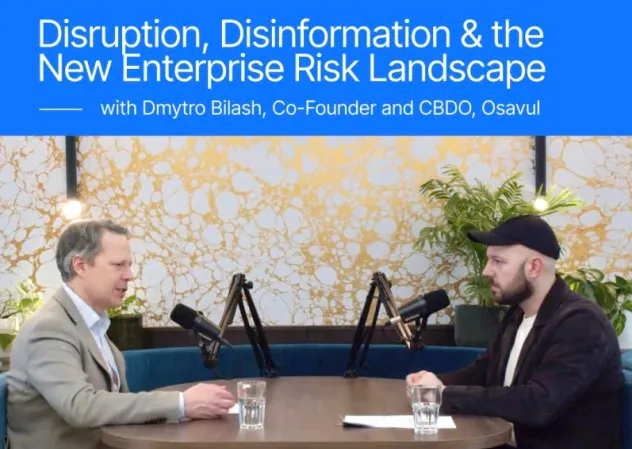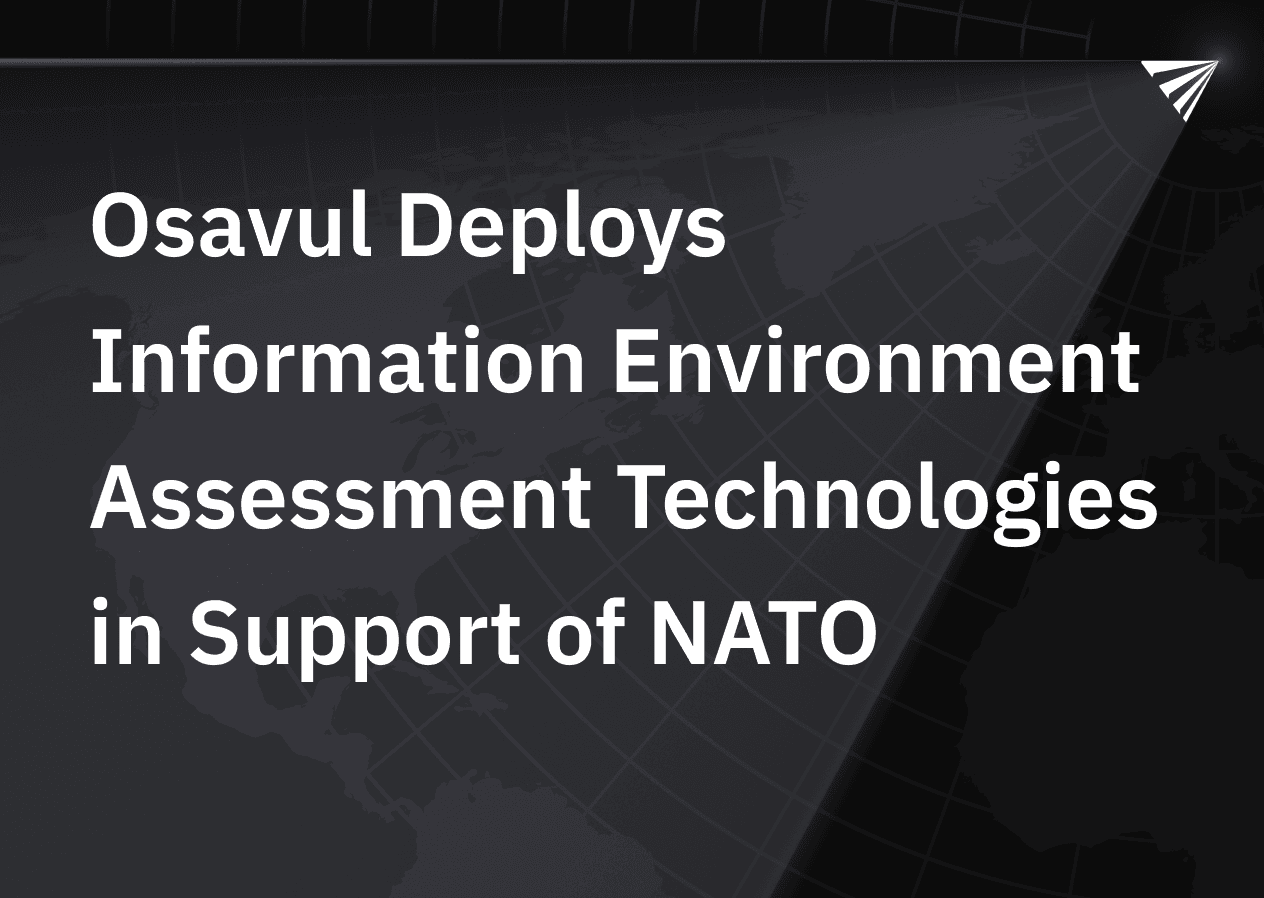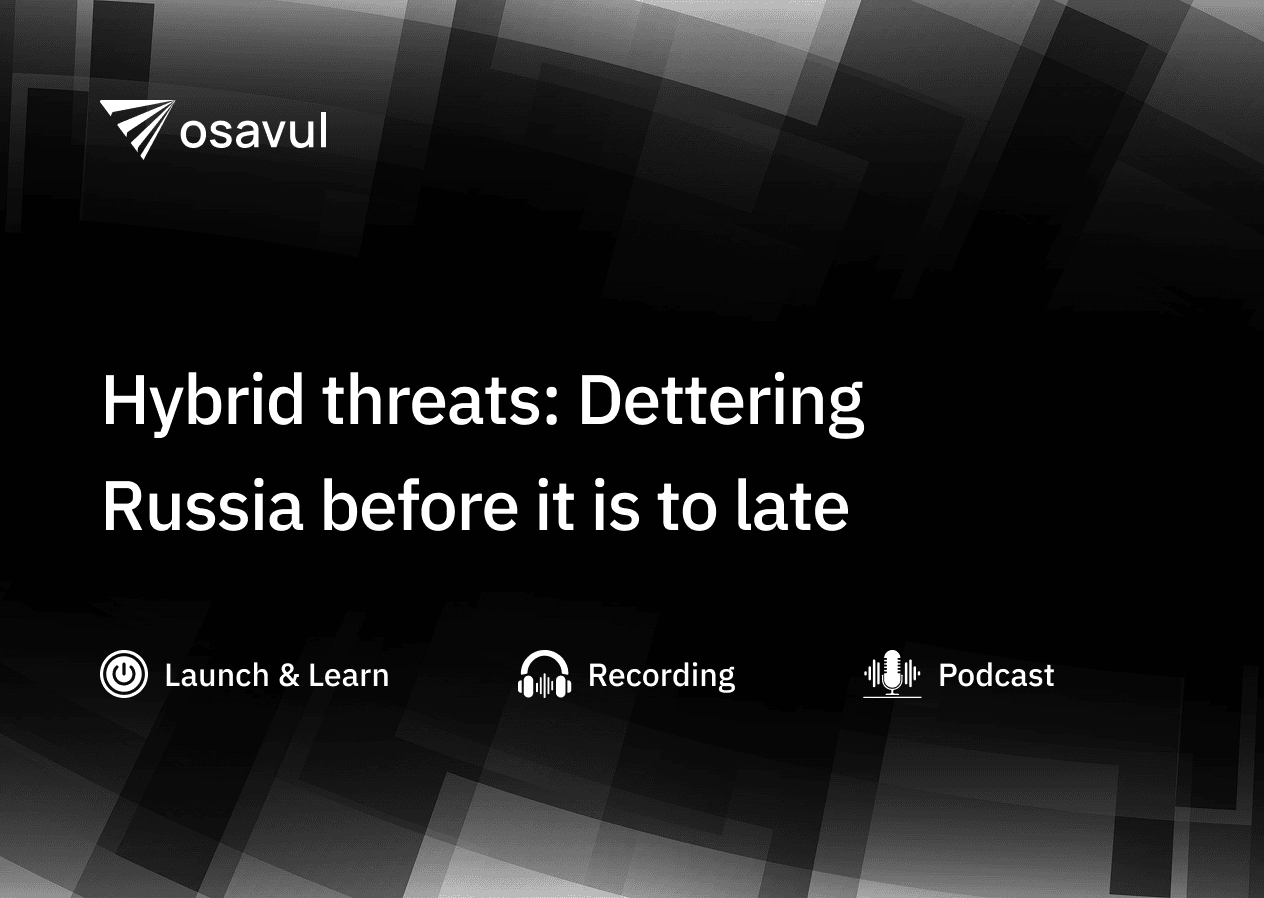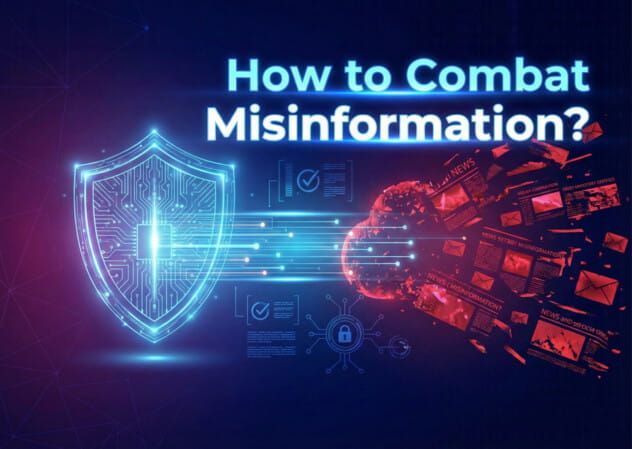It is no longer seen as a passing trend, but rather a sustained and strong tactic designed to shape debate, alter perception, and undermine confidence in previously established institutions. This is why an EU FIMI hub is needed.
For the EU and the European External Action Service (EEAS), the act of countering FIMI through FIMI monitoring has become a leading strategic priority.

What FIMI Means in Practice
Let’s address the central question: what is FIMI in practical terms? It refers to a set of coordinated efforts that aim to change how issues and events are perceived. Unlike a casual misinformed statement or uncredited online rumor, FIMI is structured and deliberate. It will often be supported by planning, resources, and repetition across the wide variety of available channels.
Key Examples of How FIMI Presents Itself
- Presenting real facts but removing the important context that provides their true meaning.
- Favoring and amplifying a one-sided interpretation and ignoring any counterarguments.
- Utilizing emotionally charged language in order to help narratives stick more than a balanced account would.
In using such tactics, actors pushing Foreign Information Manipulation and Interference are able to guide conversations towards their desired outcomes, the key being that it is performed without those targeted even realizing it.
Why It Matters for Europe
Europe as a whole has firsthand experience of how vulnerable societies can be to this kind of influence. With such high stakes at play, the ripple effect of FIMI can span across multiple domains.
1. Election and Democratic Processes
FIMI has the power to skew public debates and narratives revolving around candidates and policies.
2. Policy Debates
Topics that tend to divide societies are often targeted, including migration, energy, and national security.
3. Social Stability
Distrust and conflict can be created between institutions and citizens through the amplification of hot topic grievances.
Important from the EEAS
The EEAS has given repeated warnings that such activities are not random, and they usually align with strategic interests from foreign networks or governments that are seeking to weaken the cohesion of the European Union. In succeeding in exploiting uncertainty, attackers can redirect energy and shift attention.

The Legal and Strategic Dimensions
A proper response to Foreign Information Manipulation and Interference requires a combination of technology and governance. The EU has set about adopting frameworks that clarify all of the legal requirements for how states, platforms, and organizations should act responsibly. These frameworks help to ensure that all responses are in keeping with the principles of democracy, whilst also protecting freedom of expression.
Equally, protecting against FIMI is also linked to broader goals of info security/information security. While cyberattacks target networks, narrative manipulation targets human perception. In both cases, early detection is absolutely crucial alongside cross-border cooperation and better public awareness.

How Osavul Tracks and Counters FIMI
A standout leader in this department is Osavul, who has developed technology that is built to identify and track the flow of influence before it can become cemented. Rather than getting bogged down by flagging singular claims, the Osavul system looks at things from a ‘bigger picture’ perspective.
Detecting Coordinated Messaging
Identifying when multiple different channels are pushing an identical narrative simultaneously.
Tracking Narrative Shifts
Monitoring how a chosen topic might evolve over time, and where any unusual emphasis is appearing.
Mapping Influence Shifts
Uncovering which accounts, sources, and platforms are driving the suspicious amplification.
Such a structured view can allow governments, journalists, and organizations to act as quickly as possible. The software essentially acts as an early-warning radar for FIMI, giving users the time to prepare an effective response.
Why Osavul’s Approach Stands Out
Osavul is particularly relevant for Europe’s information integrity and countering FIMI due to its alignment with democratic safeguards. Rather than censoring flagged content outright, the system can focus on identifying patterns. In practice, this means that the Osavul approach:
- Promotes responses that are based on evidence.
- Reveals full chains of influence to authorities and organizations instead of single isolated claims.
- Protects the wider public conversation without overstepping the established boundaries of free speech.
Having a tool like this is invaluable for the EEAS and national governments within the EU, as it helps to bridge the gap between raw data monitoring and real, actionable insights.

Conclusion
The important takeaway is that FIMI is not an abstract policy term, but representative of a structured attempt to weaken societal trust and guide public debate. For the EU and its various member states, the efforts to counter such attacks are equally as important as defending physical borders or sensitive digital networks.
With the assistance of an advanced tool like Osavul, Europe can improve its ability to detect these operations in their earliest stages of unfolding, not after the fact. The combination of technology, awareness, and good governance can ensure that societies do not become vulnerable to external actors controlling and shaping the narrative to jeopardize a democratic future.
In short, flagging, tracking, and countering FIMI is an essential part of modern defense and resilience. With commitment from EEAS and powerful tools from Osavul, the European Union is putting itself in a much better position to protect the authenticity and integrity of its public sphere.
FAQ
What does the FIMI stand for?
FIMI stands for Foreign Information Manipulation and Interference.
What are the three types of data manipulation?
The three key types of manipulation include removing context, altering data, and presenting information in a selective manner in order to mislead.
What do you mean by manipulating information?
Manipulating information refers to the shaping of how facts are presented to an audience, with the aim of influencing behavior and perception.
What is Foreign Information Manipulation and Interference?
FIMI is the term for coordinated and deliberate efforts to influence perception and shape debate in a way that serves the goals of external actors.











